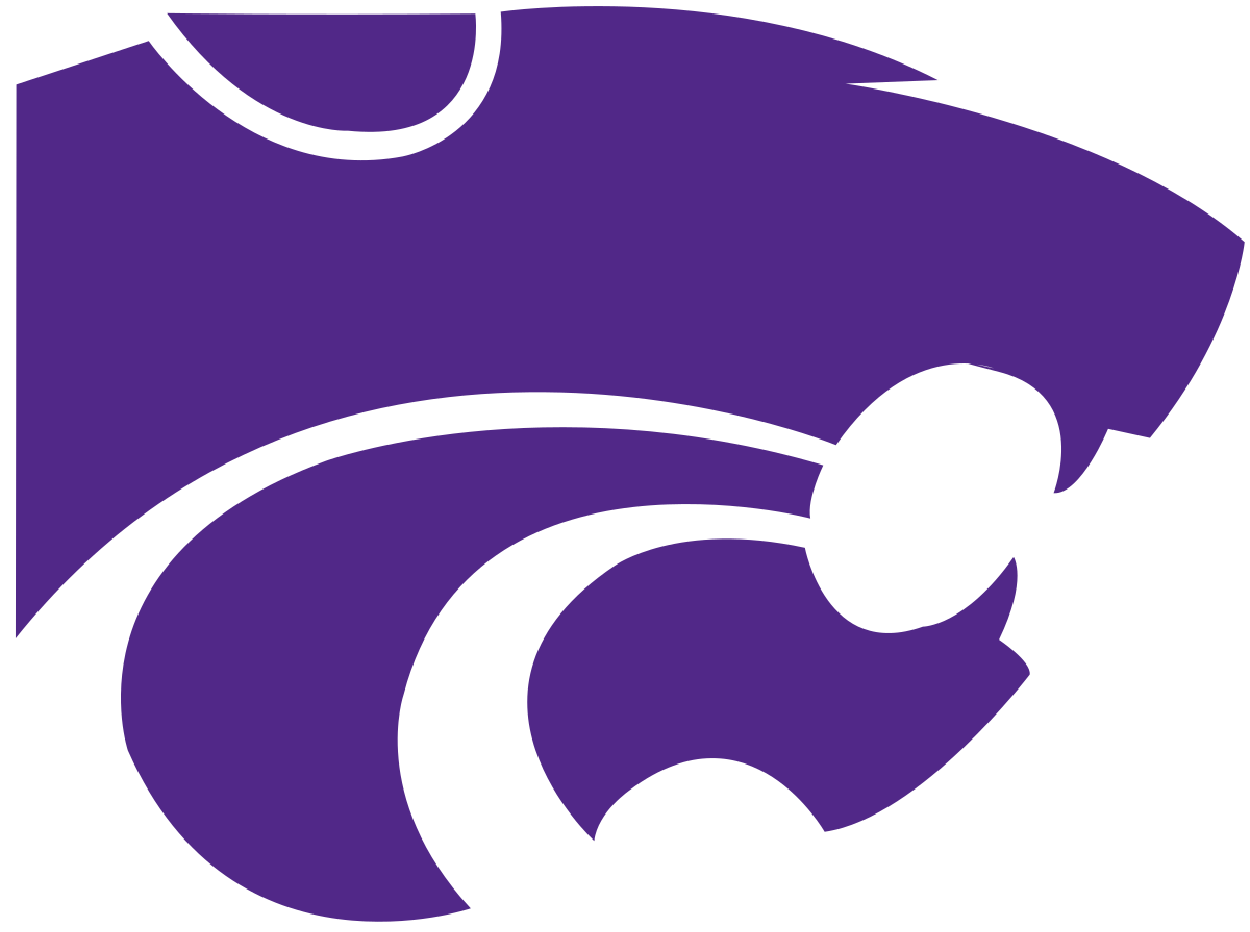Hi. So, it's a couple of days too late for #MARCHintosh, but I've got #HyperCard busy controlling the QuickCam now. And that's also how we can tell that midnight is quickly approaching.
Recent searches
Search options
#hypercard
I don't think I've ever seen a #HyperCard stack with nearly 4000 cards in it before! Amazing that it works as well as it does!
HyperCard: I remember being disappointed when it didn’t get the attention it deserved when color became so important in Mac OS 7.x. I don’t know why I quit creating stacks but I did. #marchintosh
#hypercard
I’m playing with it a lot in fully booted OS 9 (not emulated or in Classic mode on OS X). OS 9 screams on both my low end G3 and G4s and so does HyperCard. And now in 2025, the 1-bit icons and dithered images are delightful. Yes, I’ve reach the “vinyl” stage of my computing life.
(Remember when computers sounded so much warmer when we we used punch cards?)
@tomjennings i had no idea he wrote this manual. it is one of the best technical manuals i’ve ever used - and recently!
rest in peace scot. your contributions won’t be forgotten in this house.
If you recreate #HyperCard in #uxn, I'm seriously going to flip my lid. XD
New version of Decker, the Hypercard-like, with much improved non-English language support:
https://internet-janitor.itch.io/decker/devlog/909655/decker-154
"Decker is command-line friendly: when built from source, it comes with Lilt, a standalone Lil interpreter which can (among other things) read, write, manipulate, and even execute Decker documents "headlessly". Lilt has even fewer dependencies than Decker itself, so it can also be compiled as a cross-platform APE executable, ready for writing run-anywhere shell scripts. Would you believe there's a Lil interpreter that runs on POSIX AWK? Decks are stored in a line-oriented text format which interoperates well with existing source control tools like Git and SVN.
"Decker includes no advertising, telemetry, gamification, or other intrusions on user privacy and autonomy. If you like #Decker, please share it with other people who might enjoy it. Build something that makes you happy." #hypercard
Cool! HyperCard running on basically a Raspberry PICO.
https://youtu.be/aLXmpF1u9GA?feature=shared
Once they get everything figured out, I want to build this.
If you are participating in #marchintosh and #globaltalk and like text adventure games, the demo release of Adventure! my mostly text #hypercard adventure game is available for download from my Eric’s Edge zone. Including a PDF draft of the game manual.
If you are participating in #marchintosh and #globaltalk and like text adventure games, the demo release of Adventure! my mostly text #hypercard adventure game is available for download from my Eric’s Edge zone. Including a PDF draft of the game manual.
Happy 74th birthday, Bill Atkinson! Thanks for making tools that changed the world. We hope to hear about your recovery.
I got some great #retroprogramming books: Essential #lisp, #hypercard , and #latex.
Is there a good #hypercard emulation environment? Honestly, the pictures of gorgeous system 7 (I think) menus will be more than worth that books’s price. Excited!
reading the Hypercard manual today for UI inspiration and found an ultra hot “tearaway” action I had no idea existed until today.
Something I’ve noticed in screenshots others have taken of TalkCrawler is that the relative dates (“X minutes ago”) don’t seem to be working for other people, I wonder what’s going on there?
Announcing the availability of TalkCrawler for #GlobalTalk, the all-singing, all-dancing network scanning #HyperCard stack!
This tool scans the network for zones, machines, services and file shares, keeping statistics, drawing charts, calculating uptime & latency, and helping you discover new machines that showed up overnight, even when you were asleep! A database is kept of everything found that you can browse at your leisure.
Can be found in "#MARCHintosh Stuff" on Blackbird on BaroNet!
Lots of progress today. All the features are in now.
Some UI fixes to do, but mainly just need to optimize things, since I've been developing this on a zippy PowerBook G3 with an SSD and on anything slower it may be nearly unusable (eg all the lists get built dynamically from the cards in different backgrounds). Also, putting those icons in the lists seems pretty slow as well, might need a setting to disable them.
I've managed to write a script that consistently crashes #HyperCard
end
just over one year later: I FOUND IT
the image was indeed of Boy George, and was found on a shareware CD-ROM of b&w 1-bit images in .IFF format
below:
BOYGEORGE.IFF, MADONNA1.IFF, FRAMPTON.IFF
my memory lied to me - i had thought they were scanned and atkinson-dithered photos, but they were in fact hand-drawn!
thank you discmaster
http://discmaster.textfiles.com/browse/10753/Epic%20Collection%203,%20The%20(1997)(Epic%20Marketing)[!].iso/clipz/mono/music/people
thanks to many of your very inspiring hypercard stories and stacks, i finally tracked down a copy of v1 in its original box
my immediate impression is that apple's ambivalence toward the software is apparent all over the box. marketing/executives just didn't understand *what* hypercard was, and they didn't know how to sell it on its merits.
is it a "personal toolkit for information"? an "information manager"? what the heck could that possibly mean to anyone in 1987?
thank the sweet lord jebus bill atkinson pushed so hard to get hypercard packed in to every macintosh sold, because if this box was supposed to sell the product, it wouldn't have sold anything.
that being said - i love this box design. it's pleasantly understated in the off-white styling of 1987 apple products. that style would disappear for over a decade, before getting resurrected (in a much more visually striking manner) with OS X and Aqua.
bill atkinson's 25th anniversary of hypercard talk at the berkeley macintosh user's group does such a wonderful job of communicating how important it was to allow people to express themselves through software authoring, instead of leaving software development to programmers
"Some of the stacks I was most interested in were stacks that were really kind of ugly, but they did exactly what this person needed. There was no way in hell a programmer would have ever been interested. There was no market to write that for.
But this guy had something to do with his astronomy gear - something that helped him point his telescope. He knew what he needed; he wasn't a programmer, but he could make it.
Some of the stacks did not have a lot of aesthetic polish. I used to say: some of these stacks, only a mother could love, but those mothers loved them."





